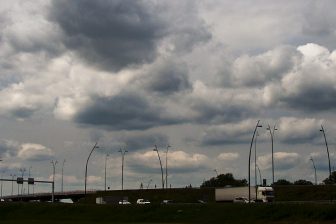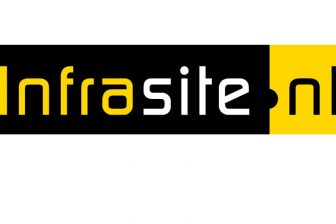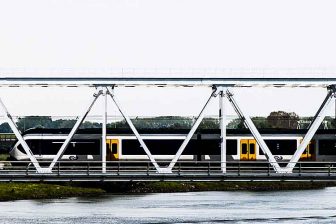European Mobility Week 2007: Streets for People
From 16 to 22 September 2007, hundreds of European cities are going to participate in the sixth edition of the European Mobility Week (EMW) and invite their citizens to a wide range of activities dedicated to the promotion of sustainable mobility. Road capacity for cars is constantly increasing but is this an efficient solution to all local transport and environmental needs? The central theme for this year is ‘STREETS FOR PEOPLE’ and we encourage local authorities and citizens to think about the design of their cities and the spaces allocated to pedestrians and soft transport modes.
“Increased mobility has in the last 50 years improved quality of life and provided a continuing boost to European growth and jobs. However our towns and cities are paying the price of poor air quality, increased congestion, high levels of ambient noise and a shortened average life expectancy. Moreover emissions of pollutants and greenhouse gases from daily urban mobility are significantly contributing to regional air pollution and to the global warming of our climate. Technological improvements and new thinking, which we see in many cities, about the use of sustainable transport are parts of the solution and are necessary to reclaim urban spaces and provide a healthy environment for our children, ourselves and our businesses.”
Commissioner for the Environment, Stavros Dimas
The European Mobility Week started in 2002 and aims at encouraging citizens to change their travel behaviour and shift to more sustainable modes of transport. From 16 to 22 September, local authorities all over Europe and beyond are organising activities and launching permanent measures which will continue to exist after the Week is over (e.g. the creation of new cycle routes, the establishment of an online car-sharing or car-pooling system, the creation of school travel plans etc). The European Mobility Week, therefore, provides a unique opportunity to test and launch new sustainable transport measures that become permanent after the Week has ended. This ensures long-term effects of the campaign, going beyond the duration of the Week. Year after year, step-by-step, sustainable mobility will secure its place in cities and towns.
This European initiative gives an opportunity to implement a wide range of activities and represents a platform for local authorities to:
- promote existing policies, initiatives and best practices related to sustainable urban mobility;
- contribute to raising citizens’ awareness on the damages that current urban mobility trends have on the environment and quality of life;
- establish performing partnerships with local stakeholders;
- be part of a Europe wide campaign, sharing a common goal and a common identity with other towns and cities;
- emphasise local commitment towards sustainable urban transport policies;
- test new transport measures for a trial period; and
- launch new longer term policies and measures.
This year, the local authorities participating in the initiative are strongly encouraged to reallocate some road space to non-motorised traffic as well as to create and enlarge social spaces where people can meet, shop, do sports and enjoy other outdoor activities.
U las zojuist één van de gratis premium artikelen
Onbeperkt lezen? Profiteer nu van de introductieaanbieding voor € 10,- per maand.
Bent u al abonnee?



